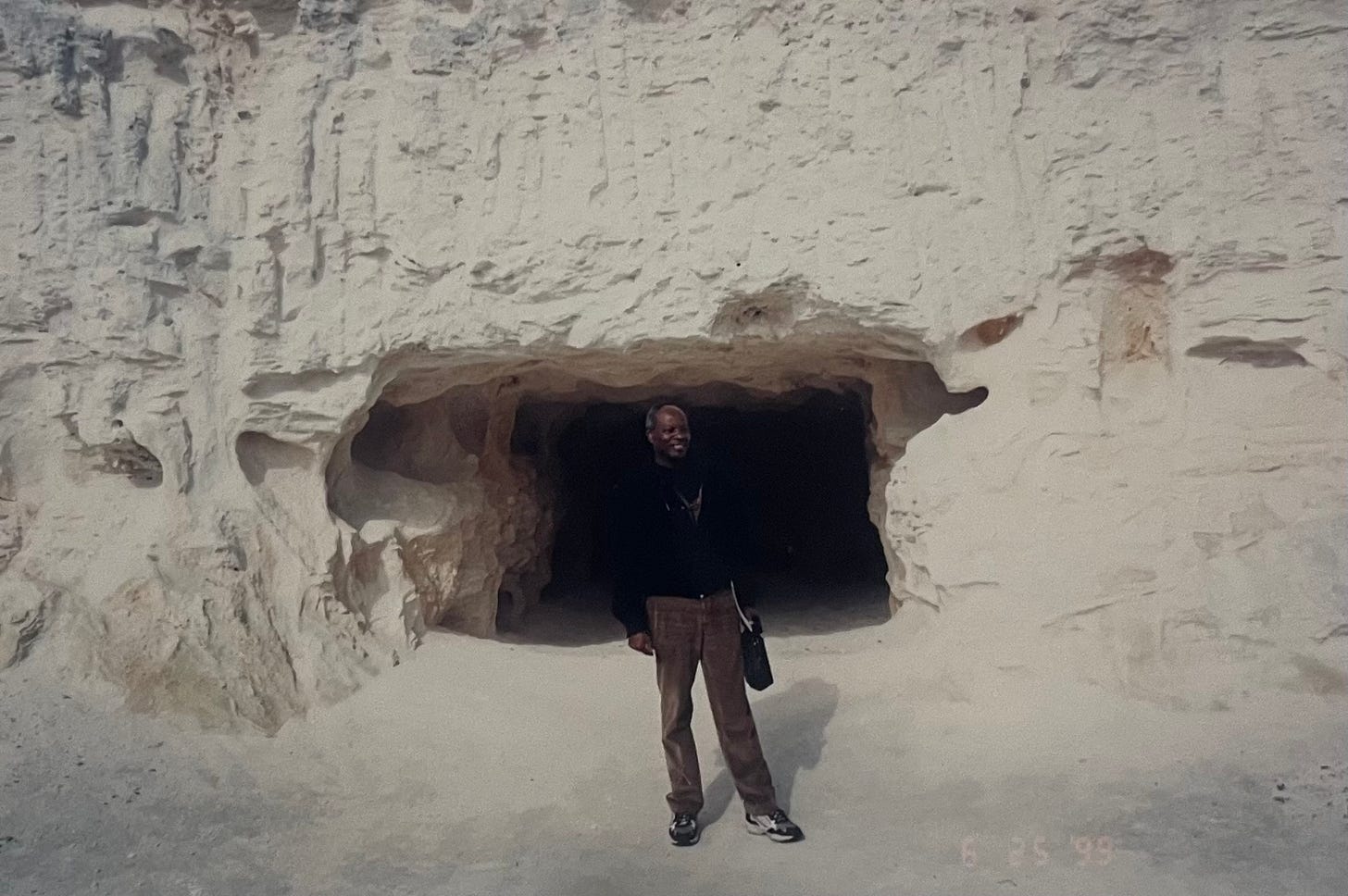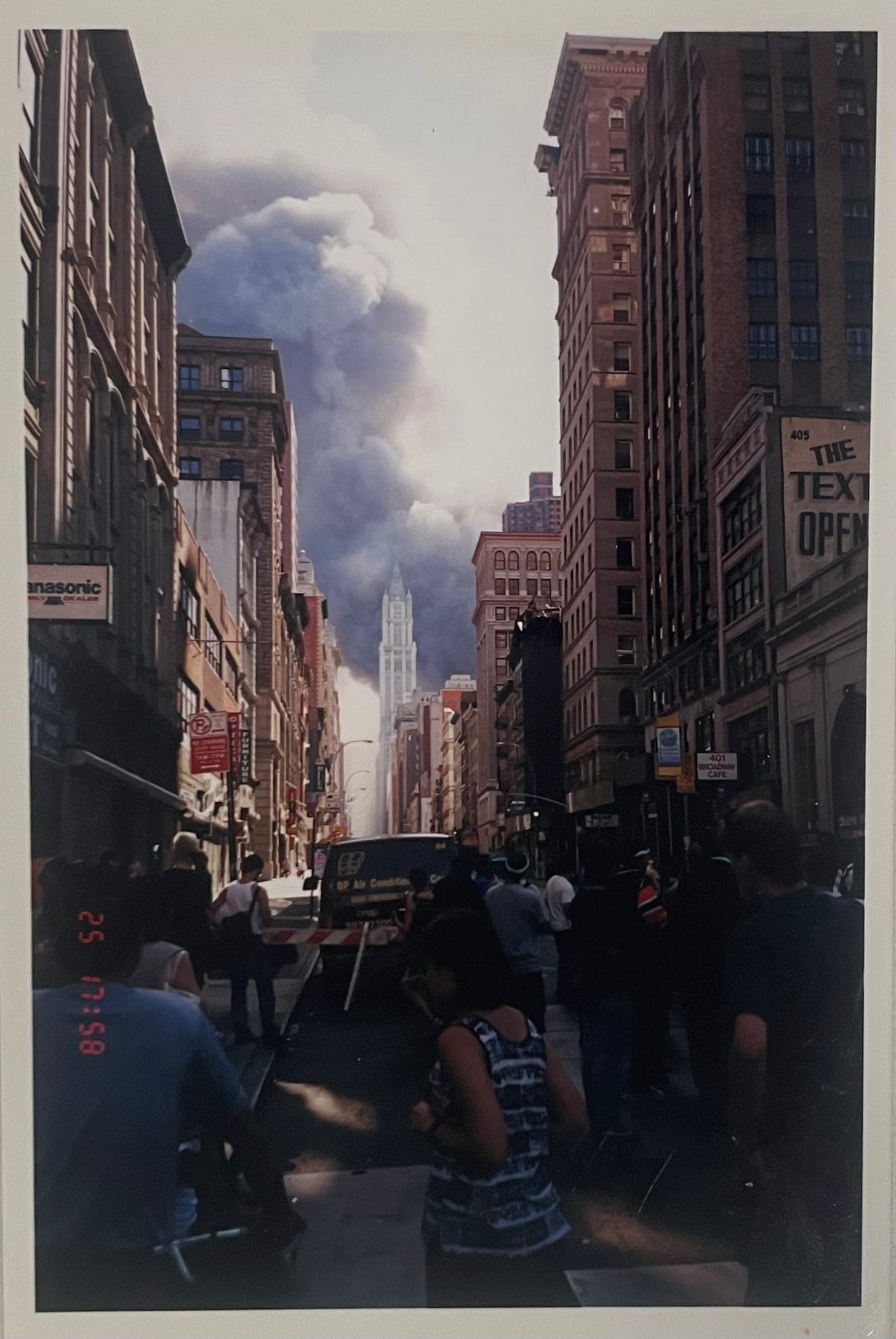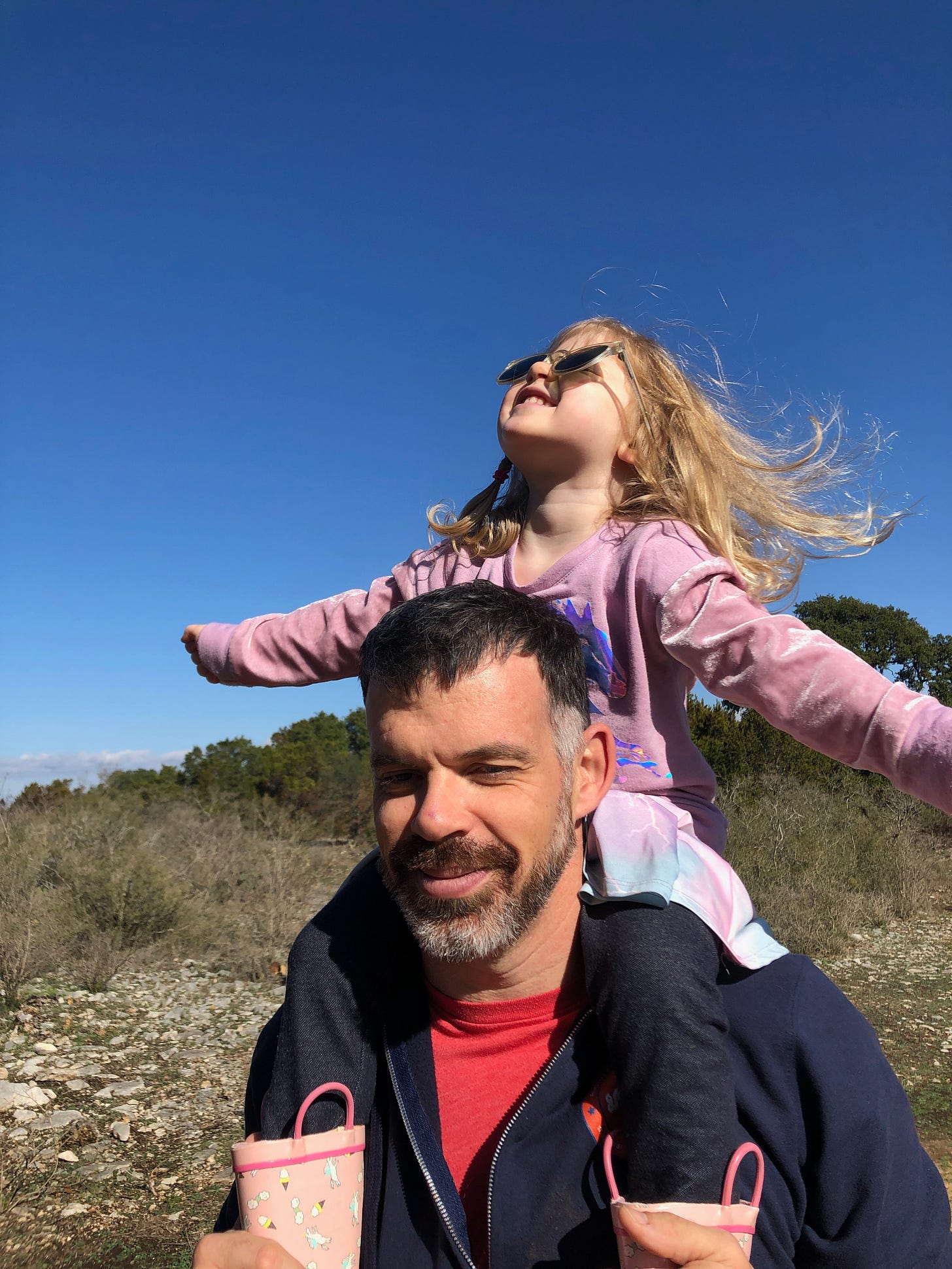Fear presides over these memories, a perpetual fear.
So opens Philip Roth’s novel The Plot Against America, a counterfactual historical story of American fascism, one wherein Roth reimagines his childhood but if Charles Lindbergh had been elected President in 1940, and the US had allied with Nazi Germany. Among other things, Roth has President Lindbergh appointing a wealthy automobile magnate to his Cabinet, Henry Ford, to oversee a program to break up Jewish communities by sending Jewish children to live with farmers in the heartland—the Just Folks program. There is violence and death in Roth’s story, but as the opening sentence foreshadows, the underlying theme of the story is fear, fear coupled with powerlessness, as governmental fascism reshapes American life and, more fundamentally, redefines will be considered American—and who will not. The Other will be made to live in perpetual fear.
The first time I remember feeling a truly visceral fear occurred in the summer of 1999. I was living in Johannesburg, South Africa—more on why in a minute. One late afternoon, I was driving in the downtown central business district, a notoriously dangerous place, and stopped at a red light when a man, standing some ten to 15 feet in front of me, pulled out a gun and started shooting. After unloading four or five shots, he turned and looked at me. Stared directly in my eyes. I thought my life was over, nothing “flashed” other than the thought that, unexpectedly, my time on this earth was going to end so randomly. But then he turned and ran. I will never forget, driving back to where I was staying, my right leg was just shaking, uncontrollably shaking, a physical reaction that my mind had no conscious ability to control.
Fear is constructed within us by the world we witness.
Why was I in South Africa? Throughout my life, from my earliest memories, I have been fascinated by the places that, according to the politics of my country, I have been told is “the enemy.” The Other, to be feared. When I was in elementary school, I wrote a letter to Mikhail Gorbachev, asking if I could come visit Russia. I received a letter back, in Cyrillic (my mother helped translate it for me), suggesting I contact the Soviet embassy to learn more about student exchange programs. Later, my attention would turn to South Africa—then as now, I was simultaneously horrified yet fascinated by apartheid, not knowing then that the South African government expressly modeled its system of racial segregation on the one created by America’s former Confederate states. As did Nazi Germany. They studied us, studied our history, a history we still do not want to acknowledge in this country.
But again, why was I in South Africa? I was a summer clerk, an intern, for something called the Land Claims Court, a legal tribunal established under the Mandela government to provide restitution to those who’d been dispossessed of their land due to apartheid. A noble endeavor, though as I came to learn, one wholly insufficient to the magnitude of the task.
One of the five judges on the court, the chief judge, was a man named Fikile Bam—he’s pictured above. I doubt you’ve heard of him, but Judge Bam was imprisoned for a decade on Robben Island with Nelson Mandela. In what stands out as one of the most powerfully affecting moments of my life, Judge Bam took me to Robben Island and showed me where he and Madiba would hide contraband in the limestone caves they were made to work, where Mandela would hide the lone piece of candy he was given for Christmas to give to Judge Bam on their shared birthday in July.
The experience of living in South Africa was transformative for many reasons, one being it was the first time the story that I told about America, the story I believed then about it being the cradle of democracy and freedom, was challenged. Repeatedly. You’d be shocked at how well-versed white South Africans are with American history—and not just slavery and segregation, either. I’ll never forget when proprietor of a hostel said to me, “you Americans love to judge us, but you did it first. Everything we did we learned from you.
“Oh, and we just relocated our natives—you slaughtered yours.”
The first time I can remember feeling what I’ll call geopolitical fear was on September 11, 2001. I was living in New York City, in an apartment located in a neighborhood I jokingly referred to as “Nabicus,” meaning the “nondescript area between Chinatown and SoHo”—about 12 blocks north of the World Trade Center. I was at work in midtown when the planes hit, and later I learned from the ticker at the bottom of a Boomberg terminal that the towers had collapsed. Lacking immediate visuals of what was happening, I couldn’t really process what was going on. I was on the phone with my girlfriend, who worked in Union Square and could see the smoke from the wreckage, discussing what we should do when the news came in that the Pentagon had been hit too.
It was at that moment, I will never forget that moment, that I thought the world might be ending. All the sci-fi movies, all the apocalyptic visions of societal collapse, my mind—lacking any experience remotely related to what was happening—processed the trauma through the impresses of fiction and fantasy. Mad Max, but this was my life, and New York City was burning, literally burning.
In the weeks following September 11th, we were gripped by a strange, collective fear, one that white Americans were unused to feeling. Our “homeland,” a word I don’t remember hearing much prior to the attacks, was not secure. For all our bluster, our love of guns, our massive military, Americans are an anxious and fearful group. Our relative isolation in the world—our ignorance—made us ill-equipped to process the horror of what happened that day. We felt a new fear.
And so we lashed out. We started a war. Then, when that failed to satiate our need for revenge, we started another. If we feel fear, so to will the world.
Election night, November 2016. That fucking needle, man. If you know you know, and if you don’t, it’s the real-time prediction model offered by the New York Times, an odometer for a failing democracy. But I didn’t know that when the night started, I thought Hillary would win. My mind simply failed to accept that we would elect someone so manifestly unfit for the Presidency, a man who rose to political power by suggesting the first Black President of the United States of America was not just unfit for office, but not even an American.
Dave Chapelle would later joke that we’d elected an Internet troll as President, but do you remember Biff Tannen, the bully from Back to the Future? He was modeled after Donald Trump. I swear to you that’s true. When searching for an archetype of dumb cruelty, the scriptwriters used Donald J. Trump. And then we went ahead and elected President Biff, albeit only because under our absurd Electoral College system the preferences of citizens from Pennsylvania and Michigan matter more than the rest.
Anyway. That night. As the needled crept toward Trump, I started drinking more and more heavily at my friends’ house, so much so I ended up passing out on their couch. At four in the morning, with Trump’s victory confirmed, I drove home and…my right leg started shaking, just as it had so many years ago in South Africa. I realized I was experiencing deep fear, fear as some form of anticipated trauma, a fear of the horror of what had just happened to my country, and what would soon play out.
And then Leonard Cohen came on the radio. To say he saved me would be overstating the case, but man, when Tower of Song started playing, Cohen’s ode to the interconnectedness of songwriting, and the enduring power of music, let me just tell you, I needed it. My leg stopped vibrating uncontrollably. I calmed down. The fear didn’t go away for good, not by a long shot, but it was mitigated by beauty, by art.
Now, you can say that I've grown bitter but of this you may be sure
The rich have got their channels in the bedrooms of the poor
And there's a mighty judgment coming, but I may be wrong
You see, you hear these funny voices in the Tower of Song
Later that day, after I sobered up, I wrote an email to my team at work, citing an email my grandmother, an Evangelical Christian, had sent me years prior in the wake of Columbine. My grandma, my moral compass:
This has been a day for reflection, praying for God to minister to our poor world. It's a good life, however, people like to stir things up; the news can get very serious, e.g. the shooting and killing last evening. Through sin men do some pretty awful things, leaving devastation, e.g. the shooting and killing of yesterday. However, we have a great hope and we think better thoughts and all in all, we love this life on earth.
I told my team that if America could survive a Civil War, we could survive Trump as President. That we could have a great hope and love this life on earth. And though the first go-round with Trump was horrific, we managed. The Republic endured, damaged but not broken.
Can we survive a second term?
I don’t know what this essay is. A form of therapy, yes. A cry of desperation, surely. I will return to the normal content about cognitive science and AI going forward, I promise, but today, in this moment, I need to share with you these fears. My fear. I have loved America as deeply as I have loved anything in this world, and, pace Baldwin, it is for this reason I have been unafraid to stare down all the horrors of our history. But now history is unfolding around me in some form of techno-fascism that my mind simply cannot process. I can face the cruelty of the past, but I am reeling from the cruelty of the present.
America is crumbling. My father is worried about me, I can tell—I love you Pop, but although I am distraught, I am not weak. The choice I face, the choice we all face in America in this moment, is either to fight what’s happening, or flee, or submit. The first two are viable options for my own life; the last is not.
I am afraid for my daughter. I am afraid for so many. But I refuse to submit to an America of perpetual fear.
I refuse to accept a fascist America.
“It began to seem that one would have to hold in the mind forever two ideas which seemed to be in opposition. The first idea was acceptance, the acceptance, totally without rancor, of life as it is, and men as they are: in the light of this idea, it goes without saying that injustice is a commonplace. But this did not mean that one could be complacent, for the second idea was of equal power: that one must never, in one's own life, accept these injustices as commonplace but must fight them with all one's strength. This fight begins, however, in the heart and it now had been laid to my charge to keep my own heart free of hatred and despair.”
—James Baldwin, Notes of A Native Son















Thanks Benjamin. I read the novel when it came out. I would have never thought it would become relevant again. I’m afraid it will take decades for things to normalize again - or to feel normal again. But we may speed up the process by making ourselves heard. So thank you.
Lovely piece. We are in this fight together.